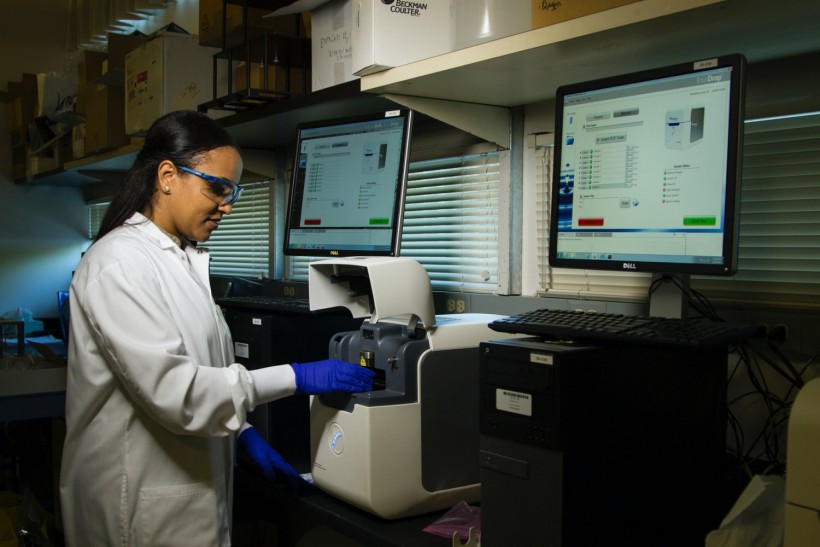Technology is constantly changing and adapting. We can all see that in our everyday lives. We can hold the power of a computer in the back pocket and have more information than ever available at our fingertips.
But technology isn't just making our daily lives a little more convenient. It's also changing how we get proper health care. Everything from regular dentist visits to major surgery is becoming more advanced and benefiting from advancing technology.
But which industry sectors are taking advantage of these new technologies, and what can we expect in the future? Take a look at these five examples of new technologies and how professionals are implementing them.
1. Virtual Reality for Surgeons and Dentists
Virtual reality isn't just a fun way to play video games. It's a powerful tool for both professionals in the medical world and patients.
VR can provide more advanced training and simulations of complex procedures for those in the industry. So far, the results are very favorable for the difference between surgeons who practice with VR vs. those who don't have access to this training. So we may have an improved group of doctors performing your next surgery.
The world of dentistry is also picking up the benefits of VR. For patients, virtual reality proves to be an excellent resource for pain management. So when a dentist is carrying out specialty dental services, patients can strap on a VR set and escape to where there isn't pain.
2. Trackers and Sensors and Rehabilitation Centers
Pedometers have come a long way. What started as a way to track how many steps you take in a day has suddenly become a vital part of maintaining a healthy lifestyle. Now patients can track their heartbeat, track hourly steps, and receive notifications that encourage them to get up and move.
Post-op caregivers at rehabilitation centers are taking this technology and giving power to the patients. This way, they can see how they're recovering after surgery for themselves.
Even hospitals are moving to use wearable technology to follow up with patients and encourage a better recovery after surgery or injury.
3. Nanotechnology and Oncology
From nanochip sensors smaller than your fingertip to cameras the size of pills, healthcare will never be the same. Where we are perhaps seeing the most significant strides is in oncology.
When it comes to cancer, nanotechnology can target tumors with the sharpest precision or get better imaging to make more informed decisions about treatment. They can even deliver chemotherapy through less invasive measures with better results.
4. Robotics and Surgery
To err is human, but that's why we have robots.
Robotic technology is changing how we think about healthcare. And that can't be more clear than in the surgical industry. Surgeons must carry a heavy burden every time they pick up a knife.
But with robots performing complex surgical maneuvers, there's just that much less pressure on the surgeon. The surgeon can then focus on other matters during the procedure.
5. 3D Printing and Medical Production
3D printing allows computers to follow software coding to build out of just about any material. This technology is completely changing what we see as possible or impossible for the healthcare manufacturing industry.
We can now flawlessly execute the building of artificial limbs, medications, and even living skin. Not only are the products effective, but they also eliminate the need for humans in the production process can make the products more affordable than ever.
What Industries Will Join the Revolution Next?
Some healthcare industries are seemingly slower to adapt to change than others. But next time you go to see your dentist or physician, take a closer look at what technology they're using now that they didn't have a few years ago. It could just change how you experience healthcare.
* This is a contributed article and this content does not necessarily represent the views of sciencetimes.com















